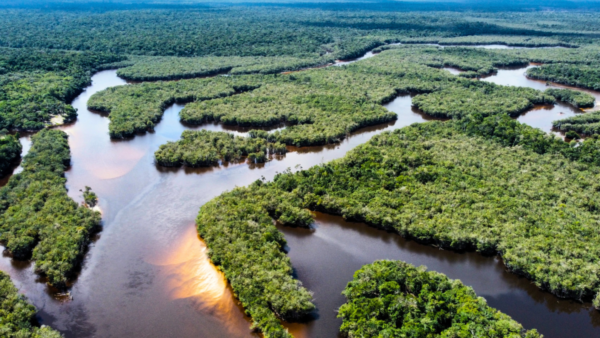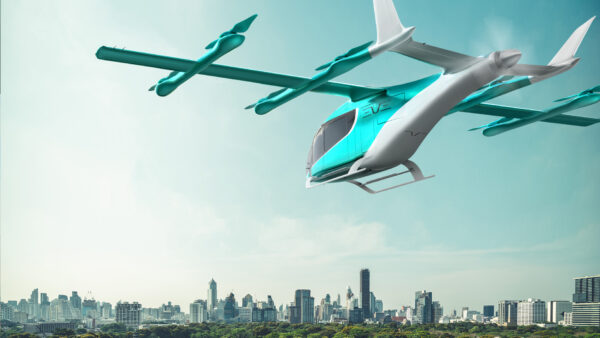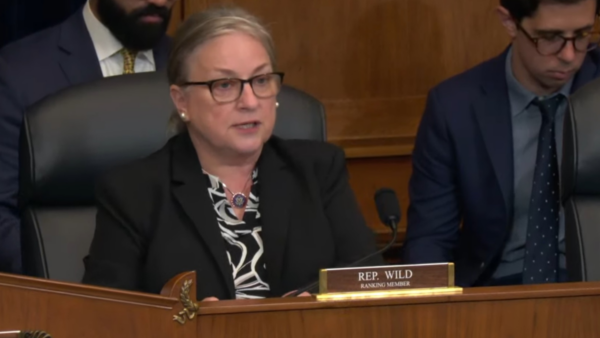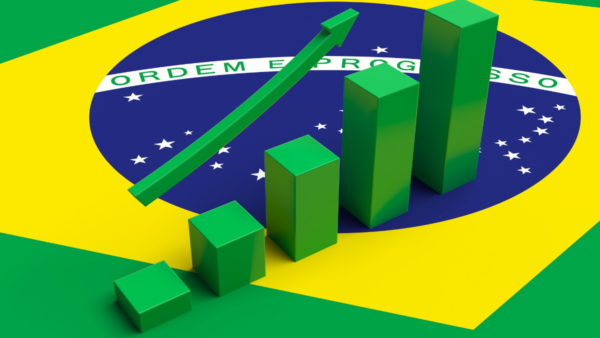President Luiz Inácio Lula da Silva on Tuesday called on developed countries to step up efforts to fight inequality and climate change and criticized neoliberal economics and what he called the “far-right adventurers” that rise in their wake.
“The promise to allocate 100 USD billion dollars – annually – to developing countries”, a goal under the 2015 Paris Agreement, “remains just that, a promise,” Lula told the UN General Assembly in New York. Brazil is traditionally the first country to address the UN General Debate every September.
In line with his regular foreign policy talking points, Lula criticized legacy multilateral institutions, called for a reform in global governance, and stressed the role and relevance of organizations such as the BRICS alliance.
“When institutions reproduce inequalities, they are part of the problem, not the solution,” Lula said. “Last year, the IMF made USD 160 billion in special drawing rights available to European countries and just USD 34 billion to African countries.”
“The unequal and distorted representation in the management of the IMF and the World Bank is unacceptable,” Lula added.
Lula said that the BRICS countries formed their own group after developed countries failed to create “a new economic governance.”
“The protectionism of rich countries” and the paralysis of the World Trade Organization (WTO), Lula added, pushed unemployment up and made work more precarious, which fueled “far-right adventurers” who aim to “replace a bankrupt neoliberalism with a primitive, conservative, and authoritarian nationalism.”
Focusing on economics, Lula said that “apps and platforms should not abolish the labor laws we fought so hard for.” In Brazil, as in several other countries, platforms such as Uber struggle with court decisions mandating the registration of drivers as formal employees — although gig workers themselves are often less willing to be treated as formal employees and lose some of the flexibility that the system gives them.
Lula also took a jab at the U.S. and the United Kingdom. “A journalist, such as Julian Assange, cannot be punished for informing society in a transparent and legitimate way,” he said. Lula previously labeled the WikiLeaks co-founder a “hero.”
Mr. Assange’s father, John Shipton, met with Lula’s spokesman at the presidential palace last month.
The U.S. seeks to extradite Mr. Assange, who is held at a high-security prison in London, for breaching the Espionage Act by obtaining and publishing secret military and diplomatic documents in 2010.
In line with his narrative on the Russia-Ukraine war, Lula said the conflict “reveals our collective inability to make the purposes and principles of the UN Charter prevail” — without condemning Russia for the invasion. He then said that the solution required “dialogue,” once again without mentioning Ukraine’s territorial integrity.
Lula added that the “fragility” of the UN Security Council “arises in particular from the actions of its permanent members, who wage unauthorized wars in search of territorial expansion or regime change” — a sentence that could refer to Russia’s invasion of Ukraine just as much as to the U.S. war in Iraq, among others.
Lula also pledged for Brazil to keep denouncing the U.S. embargo against Cuba and its classification as a state sponsor of terrorism.


 Search
Search











































